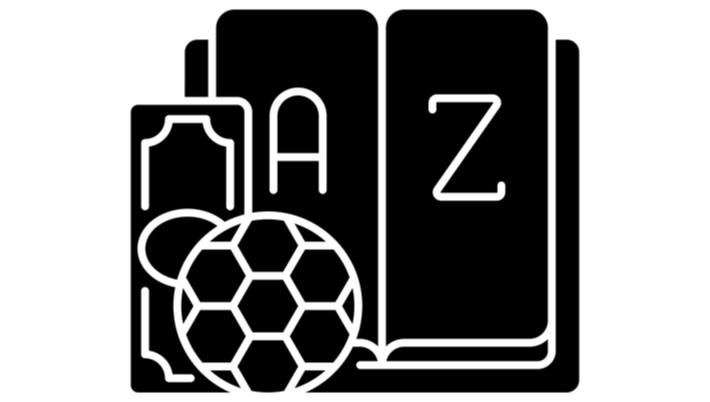Sport Betting is legal in 33 states plus the District of Columbia in some form. Some states offer Vegas casino online and/or mobile sports betting while in other states, sports betting is limited to retail gambling establishments. Still other states offer options for bettors to place wagers both at retail sites and online/mobile.
Regardless of the way that you prefer to wager on sports there are some basic terms that you should know so that you place your bets knowledgeably. The glossary of the most important sports betting terms includes:
Point Spread Betting
Point spread betting involves placing your bet based on your assessment of the relative strength of the teams or athletes when compared one to the other. This is the most popular form of sports betting in the United States. You bet based on the number of scoring units that you predict that a team/athlete will achieve (runs, goals, points, etc) so you don’t bet only on who will win but on the projected margin of victory.
For instance, if you were to bet on a +5 spread for a game, you are betting that the underdog will be getting 5 points. The favored team will post at -5 and the underdog at =5.
Betting Against the Spread
If you bet “against the spread” the favored team must win by more than the point – winning the game isn’t enough because they must “cover the spread” in order for you to win your bet.
For example, if Team A is favored at -3 over Team B, if you take Team A at -3, you will be betting with the spread because you want Team A to win by MORE than 3 points.
Covering the Spread
To cover the spread the favorite must win by more than the spread. You can also win a bet if you placed your wager on an underdog that covered by losing by less than the spread – or by winning the game outright.
So you need to win by more than the spread to cover the spread. If you’re betting on the underdog you cover by winning outright or losing by less than the spread.
Over-Under Bet
In an over-under bet, instead of betting on who will win, you bet on the score. If you bet “over” you’re betting on a high score. If you bet “under” you are betting on a closer score. Over/under refers to the point total for one team or for the two teams’ scores combined.
To bet on the over or the under you are either betting on teams to score more or less than the total. You can bet on an individual team’s over/under or on a combined over/under.
Edge
Finding the edge in sports betting means finding a bet that has a higher probability of occurring than the odds that you are given. For instance, if your cousin’s neighbor is the local NFL team’s star player and you happen to be at your cousin’s house on the day before a game and see that the NFL neighbor fell off the roof, you have an edge – you know that he will likely not be playing in the coming game.
In-Game Bet
Bets made while the game is in progress. These types of bets are becoming increasingly common as stadiums offer individuals the opportunity to place a bet while they are sitting in the stadium watching the game. Many sportsbooks now take in-game bets on mobile so you can place an in-game bet while you watch the game from your living room couch and place your bet via the sportsbook app.
Parlay Bets
A parlay bet in sports betting involves the bettor making multiple wagers, tied together in the same wager. In short, you combine multiple games for the chance of achieving a higher payout. If any of those bets loses, the entire parlay loses. However, if all bets win (or if there’s a tie), the payout is significant. So, for instance, on a $100 bet on three teams, if all 3 teams win, you have parlayed that $100 to a payout worth 10x the original bet – or more! The more games, the higher the risk but the greater the payout.
Moneyline Bet
A moneyline bet is a straight win-lose bet. You bet on a team to win or lose and you win the bet based on nothing other than the win or the loss of the team.
Handicapping
In sports betting, handicapping means giving some type of scoring compensation or other advantage to one athlete/team to equalize the two sides. In such a case, bets on a favored team that wins by less than the point spread lose.
For instance, if there’s a +2.5 handicap on Team A and you bet on Team A, Team A must win the game by a margin of 3 or more goals for you to win your bet. If you bet on Team B you can win your bet as long as they don’t lose by a margin of 3 or more goals.
Prop Bets
Prop bets aren’t made on the result of the game but on the events that may occur during the game or on the actions of an athlete during a game.
Some examples of prop bets might involve whether a specific athlete will score a touchdown/run, which team will win the coin toss, the number of three-point shots that one player will make during a specific game, whether the game will go to overtime, etc.

